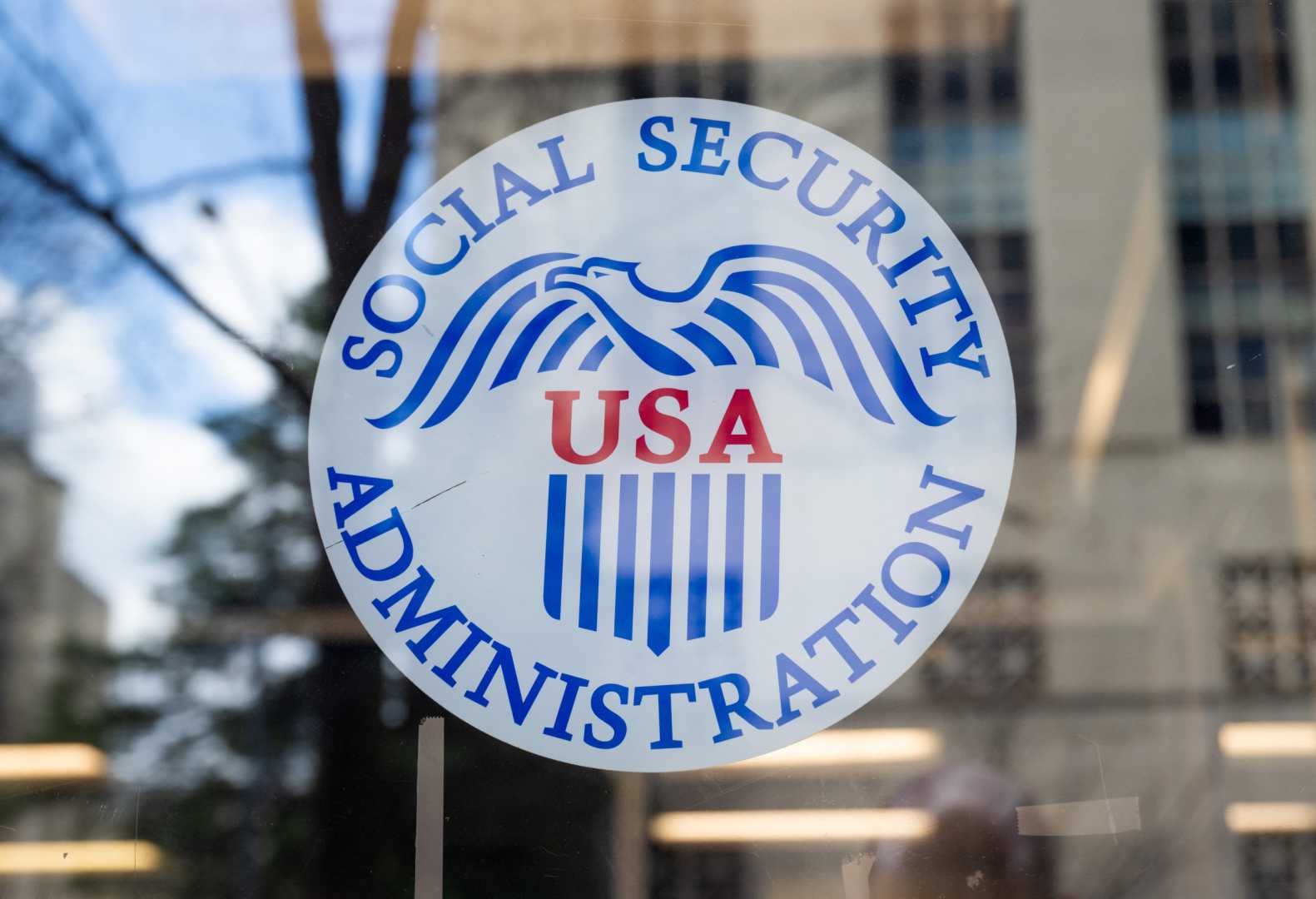Business
Social Security Administration Advances Payments Under New Fairness Act

Washington, D.C. — The Social Security Administration (SSA) has processed approximately 91% of cases related to a new law designed to enhance benefits for nearly 3 million individuals. The Social Security Fairness Act, signed into law on January 5, aims to rectify benefit reductions previously imposed under the Windfall Elimination Provision (WEP) and the Government Pension Offset (GPO).
SSA officials explained that the new law benefits those eligible for Social Security who also receive pensions from jobs not subject to Social Security payroll taxes. The changes aim to boost payments for workers in specific fields such as teaching, firefighting, policing, and federal employment.
Frank Bisignano, the new commissioner of SSA, pledged to senators during his confirmation process that all beneficiary records would be updated by early November. An SSA spokesperson stated that the agency is working to exceed this timeline.
Not all individuals in affected groups will see an increase. About 72% of state and local public employees pay into Social Security and won’t be impacted by the changes. The prior provisions reduced benefits for more than 2.8 million people.
To date, SSA has processed around 2.5 million cases related to the legislation. The Railroad Retirement Board will also adjust annuity payments for beneficiaries, with new amounts set to begin in July and one-time retroactive payments expected by the end of that month.
The SSA anticipates that monthly Social Security checks for affected individuals may increase from $360 to over $1,190, depending on personal circumstances.
David A. Weaver, a former SSA executive and current statistics professor at the University of South Carolina, noted that about 300,000 individuals are still awaiting adjustments. Some among this group may face unique circumstances, including beneficiaries who have passed away, creating potential eligibility for retroactive payments for survivors.
There are also cases of overpayments, where individuals received excess benefits. SSA typically seeks reimbursement in these situations. Weaver suggested that it may be beneficial for Congress to consider an audit of the SSA’s implementation of the Fairness Act to assess both the manual and new claims processing.
As the SSA strives to complete the changes under the Social Security Fairness Act, stakeholders encourage those affected to share their experiences with the agency.












